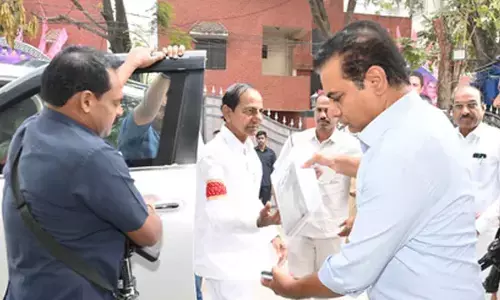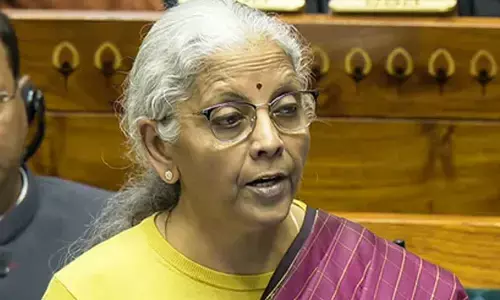Challenges before Swachata Abhiyaan

Challenges Before Swachata Abhiyaan. Prime Minister Narendra Modi’s Swachata Abhiyaan has at least let people think that they also share the responsibility of cleaning the environment.
Prime Minister Narendra Modi’s Swachata Abhiyaan has at least let people think that they also share the responsibility of cleaning the environment. The Prime Minister has made a promise before his countrymen that he would make India clean before Mahatma Gandhi’s 150 th birth day on 2 nd October 2019. But cleaning India needs sound policy back up, strong political will, public discipline and honest officials who could implement clean environment laws. India is going to surpass China’s population in 2030. It would be an enormous task to give clean environment to such a huge mass. According to Census 2011, 53.1% people in India do not have toilets.

In Mumbai, 54 % of people live in slums and the majority of them use foot paths, railway tracks and sea beaches as toilets. When half of Mumbaites live in space no bigger than the size of toilet it is impossible to provide toilets to such a huge population. India’s urban slum is growing fast due to loss of livelihood and growing idle energy in rural India. The Swachata Abhiyaan can tick if the government takes deterrent measures like pruning subsidies and other government facilities to those who produce more than two children.
Over the years, the plastic water bottle industries are thriving on the manmade drinking water crisis in the country. Today millions of plastic water bottles are thrown in the environment. Rail passengers throw plastic water bottles around the rail track. Instead of plastic bottles, sealed paper glass for water and clay or paper containers should be provided to passengers. Similarly, giant malls and kirana shops generate huge quantity of plastic sachets and containers. Shopping malls in Hyderabad charge Rs 2 to Rs 5 for providing plastic bags to customers. Malls can sale jute, cloth or paper bags instead of plastic bags. Disposal of such a huge mass of plastic in the environment will derail the Swachata Abhiyaan. The 26 th July 2005 rain killed 400 people in Mumbai due to plastic bags which choked the drains. There is need for strong political will to ban plastic bags. Sikkim government imposes Rs 10000 fine for carrying plastic bag. Sikkim is the cleanest state in the country.
Over the years Indian rivers have become garbage dump and have sucked huge tax payers’ money for revival. Look at the Mula and Mutha rivers in the beautiful Pune city. Both the rivers are in a dying stage due to garbage deposit and over damming. The Musi river in Hyderabad has become a drain due to encroachment and garbage deposit. Thousands of water bodies across the country have given way to real estate growth in the last five decades. Without clean rivers, lakes and ponds there won’t be any cleanliness.
The government hospitals, schools, rail station, temples and bus stops speak volumes of the deteriorating Indian national character. Our schools and hospitals are cleaned just before the inspection. The quality of our inspectors has declined who give reports in connivance with the institutions they inspect.
Contamination of ground water due to errand industries should be stopped. Bhopal gas tragedy which took 20000 lives in 1984, happened mainly due to poor inspection. Lary Collins in his book “Five Past Midnight” has narrated how the six safety valves which were supposed to give warning signal about gas leak were not operational before the Bhopal gas tragedy. Unless the nation grooms quality human resources with knowledge capital for inspection the industries will continues to pollute.
When developed nations remove private cars to cut fuels for clean environment and foreign currency, the car industry in India has grown at 10% this year. Car pull, battery operated auto rikshaws, cycle track, public transport system and foot paths can reduce the use of private cars. The cost of fossil fuel import and the damage to environment due to auto emission can surpass the revenue the government collects from auto makers.
The garbage disposal machinery is defunct in many urban and rural centers. Neither the work force engaged by the corporations and village bodies nor do the residents show any initiatives to clean their surroundings. Deep rooted corruption and lethargy has affected the garbage disposal machinery across the country. India accumulates e-waste to an alarming proportion. According to the Manufacturers’ Association of Information Technology (MAIT), India generates about 400000 tonnes of e-waste every year and only 5% of it is recycled. Swachata Abhiyaan should be focused and cleaning the environment should be a routine activity of people and politicians.
By Sudhansu R Das














